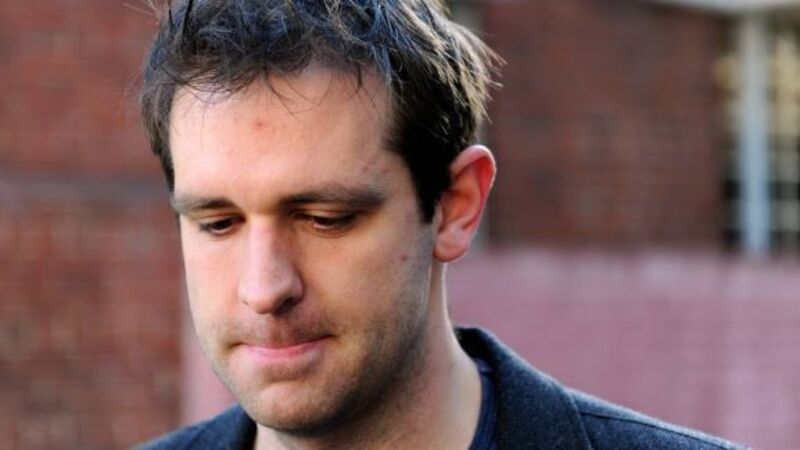Meagher: Take a stand against sex trafficking

Tom Meagher, whose wife Jill Meagher was raped and killed in Melbourne in September 2012, is an advocate for the White Ribbon campaign, the world’s largest male-led movement to end violence against women.
The all-Ireland campaign from the EU-funded Reach Project ‘Prostitution — We don’t Buy it’, is asking men and boys to make a stand against prostitution and sex trafficking.













